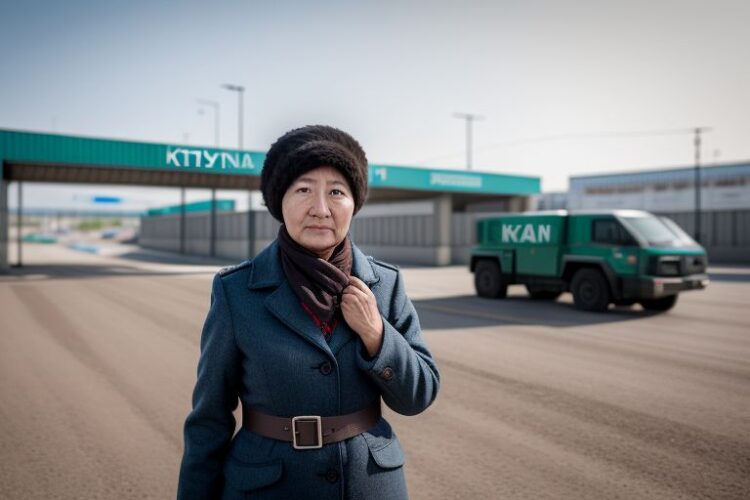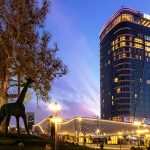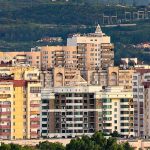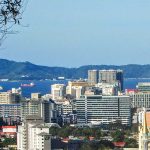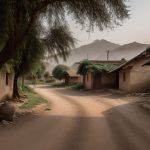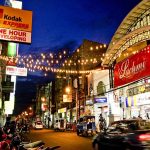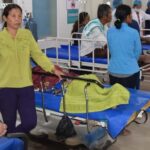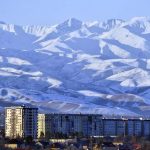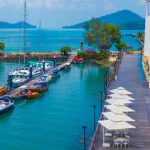Kazakhstan is actually the largest landlocked country in the world, so it can offer its visitors just a very special blend of history, culture, and natural beauty. With enormous steppes, majestic mountains, and modern cities, it will definitely provide another kind of retirement experience.
The land was formed by centuries of nomadic customs and Soviet influence; therefore, Kazakhstan has traveled a long way since its victory in independence. The rich cultural heritage, together with abundant natural resources, forms opportunities and challenges both for the residents and visitors.
Knowing the history of Kazakhstan, the economic landscape and the practicalities of living in this country are important in considering retirement options. We examine each of these facets below in detail to enable you to make a better decision.
Kazakhstan—Opportunity and Challenge for Retirees
Kazakhstan provides a mix of influences of the East and the West in making Kazakhstan an interesting retirement option. As much as the country has been growing economically, some challenges weigh against the probable benefits.
Economic Considerations
The rich natural resources have a lot to do with the growth of Kazakhstan’s economy. It has resulted in improved infrastructure and a better standard of living in urban areas. But it is still overly dependent on oil and gas; hence, it gets easily affected by changes in the international market.
Cost of Living: The general cost of living in Kazakhstan is low compared to most Western countries. This makes this country one of the ideal places to live in for those with a fixed income, such as retirees. However, there may be large differences between the costs of urban and rural areas.
Currency: The local currency is the Kazakh tenge. It is very important to know about the exchange rates and the fluctuation that may result in appropriate financial planning.
Lifestyle and Culture
Kazakh culture is an exciting mix of nomadic traditions and modern influences. The country has huge landscapes—steppes and mountains—which offer great possibilities for a variety of outdoor sports.
Safety: The accounts about the safety in Kazakhstan seem to be good, though sometimes there might be a need to be watchful, especially in unknown places.
Language: Russian is the most spoken, though knowing some Kazakh phases will enhance your experience and relationship with the locals.
Healthcare:
Although Kazakhstan’s health care system is developing, private health insurance is a must if you want to be fully covered.
Do you want to learn more about some specific areas of retiring in Kazakhstan? For example, housing, visa, or social life perhaps?
Healthcare in Kazakhstan: Walking the Tightrope
Improvements are being made toward better quality and greater access to health facilities in Kazakhstan; however, the system has many shortcomings, and care may vary sharply.
Public Healthcare: Public healthcare is available in Kazakhstan but could turn out to be patchy in its coverage and quality. While it is free for Kazakhstani citizens, appointment and treatment waiting lists might be long, and access to specialized care may be limited.
Private Health Care: In larger cities, private health care options are available, generally providing better facilities with less waiting time. This treatment is not cheap, though.
Health Insurance: Private health insurance is highly recommended as a supplement to public care. This may grant access to wider services, often with quality care.
Important considerations for retirees:
Chronic Conditions: If you have pre-existing health conditions, research the availability of specialized care and medications in Kazakhstan.
Emergency Care: Learn about emergency procedures and the location of hospitals in your area.
Evacuation: Seriously consider investing in travel insurance packages that include medical evacuation in response to an emergency in a situation when the required level of treatment is not available in Kazakhstan.
While healthcare in Kazakhstan is slowly improving, careful research with regard to your personal needs is highly recommended prior to deciding on retirement here.
Visas and Residency in Kazakhstan: A Guide for Retirees
Those planning retirement in Kazakhstan need to be informed about the terms of its visa and residency requirements. While it does have a visa-free entry option, this applies to very short-term visits only. This is not the case with longer-term residency, which calls for much more careful planning.
Visa-Free Entry
Short Stays: You don’t need a visa to enter Kazakhstan as a British citizen, but you can only stay for a period not exceeding 30 days.
Multiple Entries: You may enter visa-free multiple times, but your total stay within any 180-day period must not be more than 90 days.
Residency Permits
Any retiree intending to remain in Kazakhstan for an extended period is required to obtain a residence permit.
Requirements: Certain conditions are considered while one acquires a residence permit; the conditions comprise an applicant’s financial stability, accommodation, and health insurance.
Types of Permits: There are multiple classes of residence permits with differing requirements and length of validity.
Application: The application procedure is complex, and professional advice should be sought or the Kazakh Embassy contacted for accurate detail of requirements.
Key Points
Dual Nationality: Kazakhstan does not recognize dual nationality. If you hold both a British and Kazakh passport, you could face prosecution under the law.
Visa Extensions: If your visa is going to expire before you get the residence permit, you may wish to apply for an extension.
Legal Advice: An immigration attorney who deals with Kazakhstan will best help you with all the intricacies of the process associated with obtaining a visa to stay in this country.
Key Note: Visa and residency travel requirements are changing often. Always check the most current requirements by contacting the Kazakh Embassy before booking any travel.
Related posts:

Ray Brocklesby, the site owner, is a Brit who now lives in the Philippines. He is retired and lives with his wife Weng, Daughter Kristelle, nephews, Harvey and Boknoy, and mother-in-law. Ray also has a son and daughter living in the UK, and a son in New Zealand.

